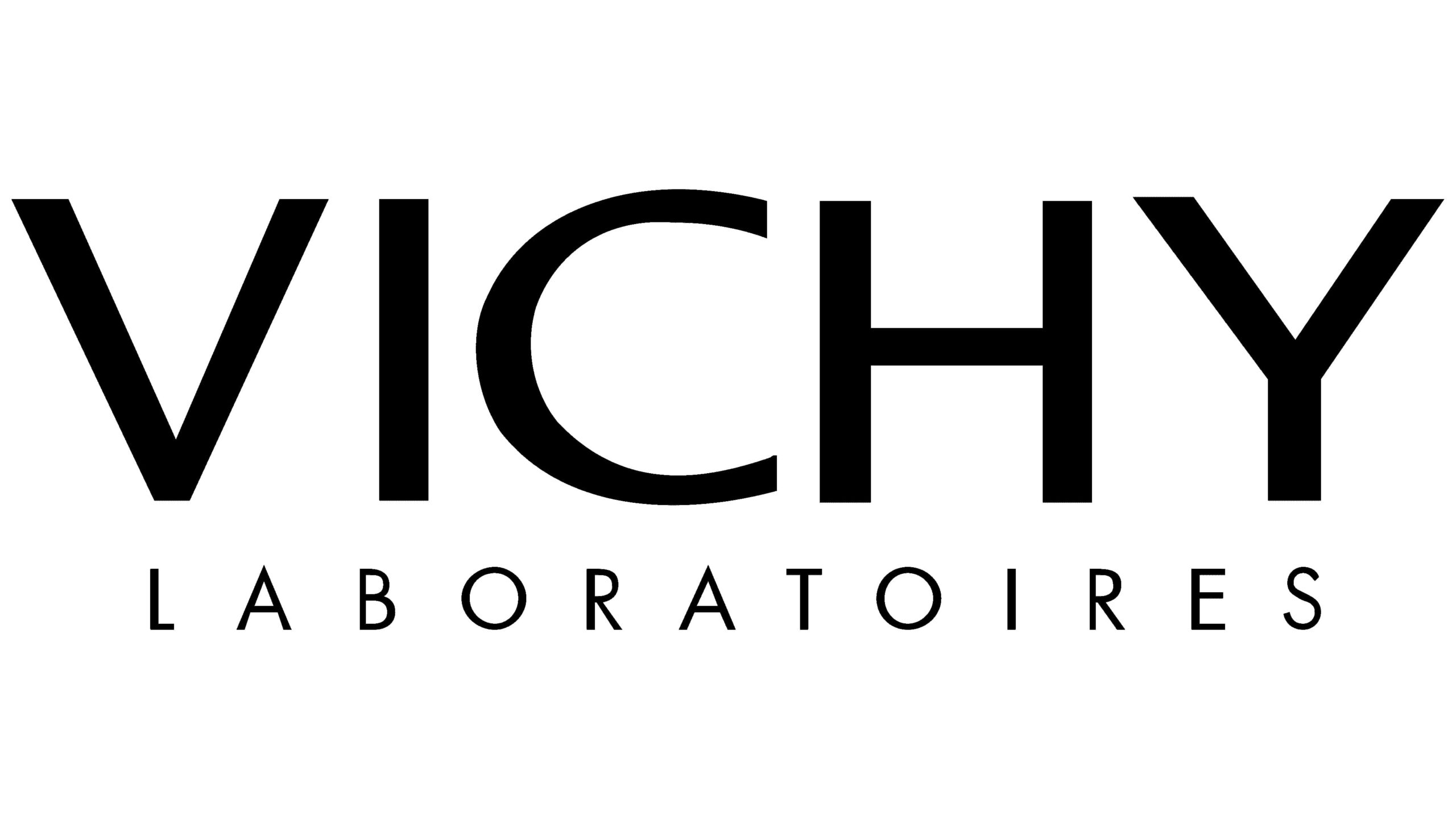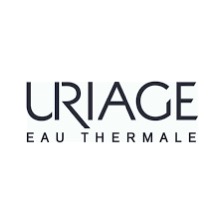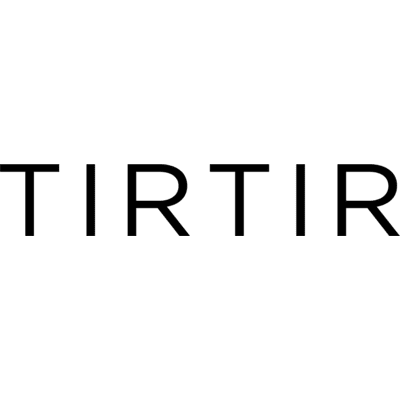- Real-time results.
- Fast and convenient.
- Completely painless.
- High accuracy of results.
- Performed in white Fit center or home visit
- No blood or urine sample required.
What is the Oligolab test and what does it do?
- Oligolab is an advanced device that allows practitioners to test patients for mineral imbalances and heavy metals.
- It is an innovative test that uses spectrophotometry to send light through the tissue measuring the real-time levels of vitamins, minerals, and heavy metals in the body.
- This test produces the fastest turnaround time for results.
- The test results are immediate.
- This non-invasive scan is performed quickly and easily in the office.
How does oligolab work?
- Oligolab is a painless, non-invasive scan of the hand that is completed in just a few moments.
- The scan is based on the concept that each chemical compound emits, absorbs, or reflects a specific wavelength of light.
- The Oligolab device transmits light through tissues at four points on your hand.
- It measures the optical density of heavy metals, minerals and vitamins present in skin and blood vessels in real time.
Why should I do an Oligolab ?
- Too much or too little of any nutrient or toxic mineral can have harmful effects on the human body, liver and overall health, and may contribute to oral diseases and infections.
- Mineral imbalances are common today due to mineral deficiencies in soil, the use of processed foods, and the consumption of acid-bound foods. It is almost impossible to avoid exposure to toxins found in the air, water and food. Because Oligolab checks patients’ mineral status in real-time, practitioners can determine patients’ mineral and nutritional needs.
How do Oligolab results compare to other laboratory tests?
- In short, there is no comparison.
- Measures at the cellular level.
Blood tests
- Circulating metals appear recently, and within a few days the metals move from the bloodstream into the tissues, so blood may only be an accurate test for toxic metals in severe cases.
- The levels of minerals and elements in the blood remain fairly constant.
- For example, patients with muscle spasms may have normal levels of magnesium in blood tests, but an Oligolab may show a deficiency of intracellular magnesium.
Urinalysis
- Shows only levels of excreted minerals.
- A normal urine sample rarely secretes metals or toxins.
- With this test, the results show what is outside the cell.
Hair sample analysis
- It shows what has been present in the past few months but is not an accurate depiction of what is actively happening in the body.
- If the body cannot remove toxins properly, there may be a low level of minerals in the hair and this leads to a false negative result while there are still minerals present in the body.
- To obtain the results of hair, urine, or blood samples, you must wait two weeks.
- Oligolab provides results instantly.
What’s is The DNA test?
- DNA testing is a type of genetic testing that looks at your DNA to determine a wide range of individual-specific genetic data and how they impact each person’s life and lifestyle choices.
- DNA tests can be used to determine dietary choices, predict athletic performance and endurance, or even take a deeper look at the genetic factors that affect a women’s beauty, skin, and hair.
DNA TESTING FOR DIET
- Genetic data, genes, and DNA, these are the key terms to focus on when discussing DNA testing for diets.
- By understanding these concepts, one can begin to appreciate how such tests can be used to provide insight into which foods may be best for an individual based on their genetic makeup.
What is the basis for DNA testing for diet?
- The basis for DNA testing for diets is that each person has a unique genetic makeup that can influence how they process and respond to different nutrients in food. By looking at an individual’s genetic data, it is possible to identify certain patterns that may indicate which foods are more likely to cause problems for them.
- For example, if someone has a genetic predisposition to obesity, they may be more likely to gain weight if they eat a lot of high-fat foods. Conversely, someone with a genetic predisposition to type 2 diabetes may be more likely to develop the condition if they eat a lot of sugar-sweetened foods.
- DNA testing for diets can provide valuable information for people who are looking to make changes to their diet in order to improve their health.
- By understanding how their genes influence the way their body deals with food and nutrition, they can make more informed choices about what to eat and what to avoid.
- This knowledge can help them to avoid the foods that are likely to cause problems and to focus on eating more of the foods that are better for their health.
- By looking at your DNA, specialists can identify potential health risks and make recommendations for how to best protect your health.
- DNA tests are becoming increasingly popular as they become more affordable and accessible.
The DNA test process
- Order your kit
- Swab your cheek
- Register your swab
- Mail it back
- Get your results
At white fit, we offer a variety of tests to address dietary choices and restrictions.


















